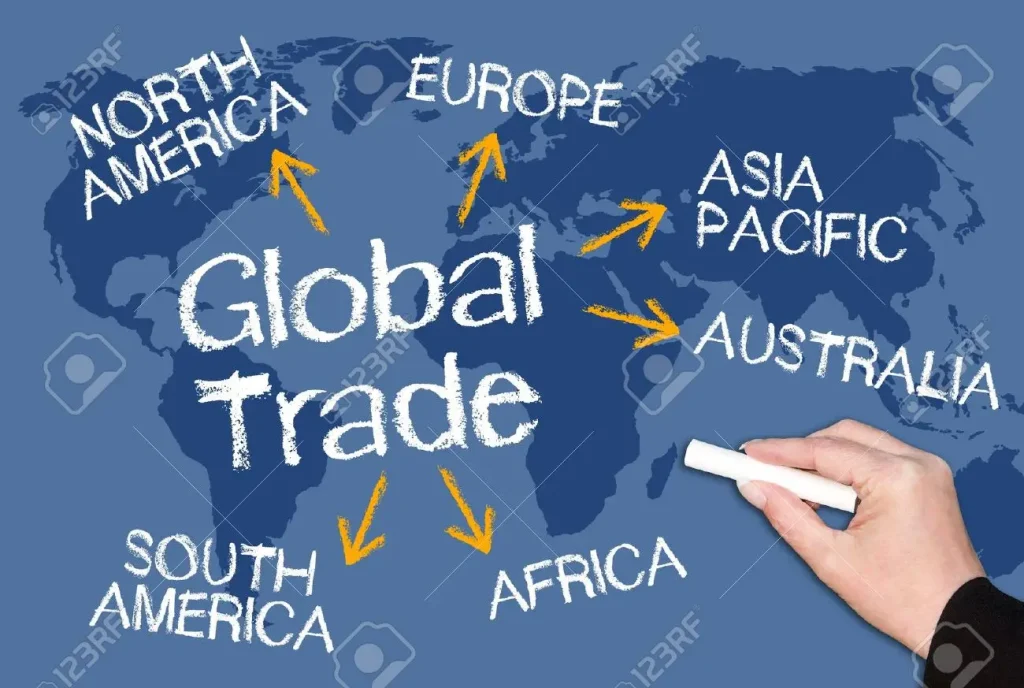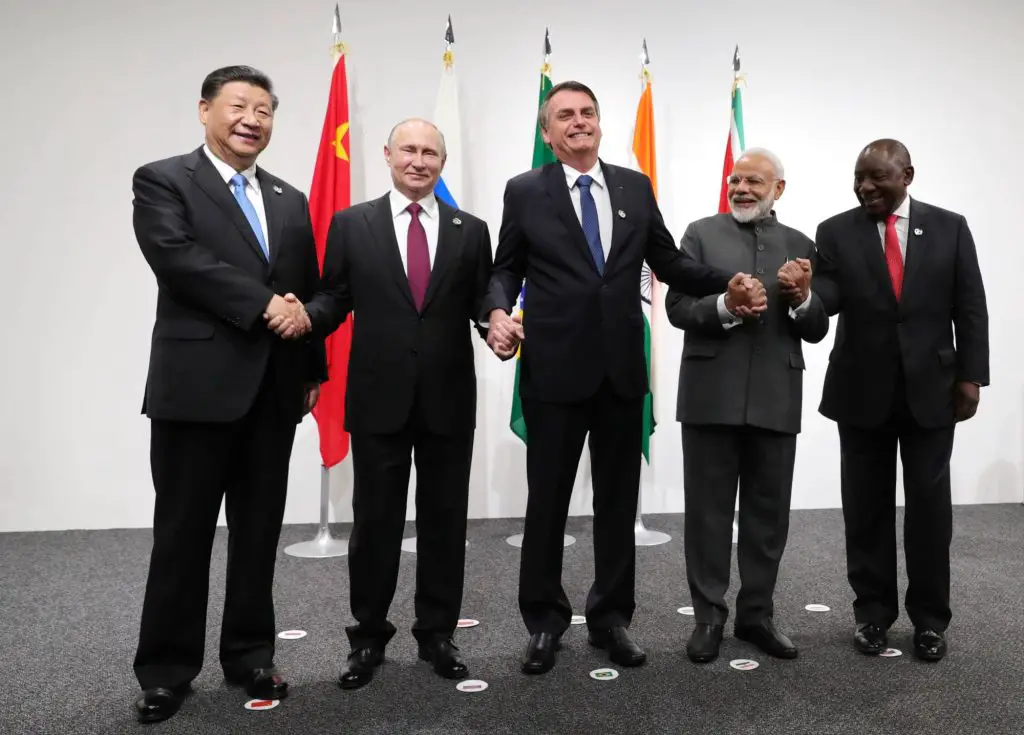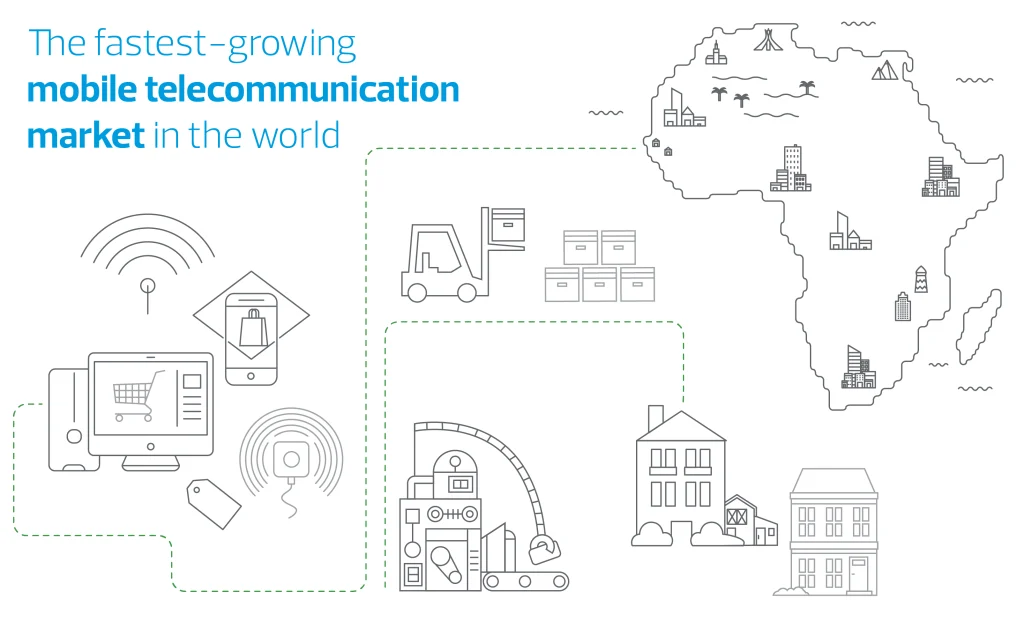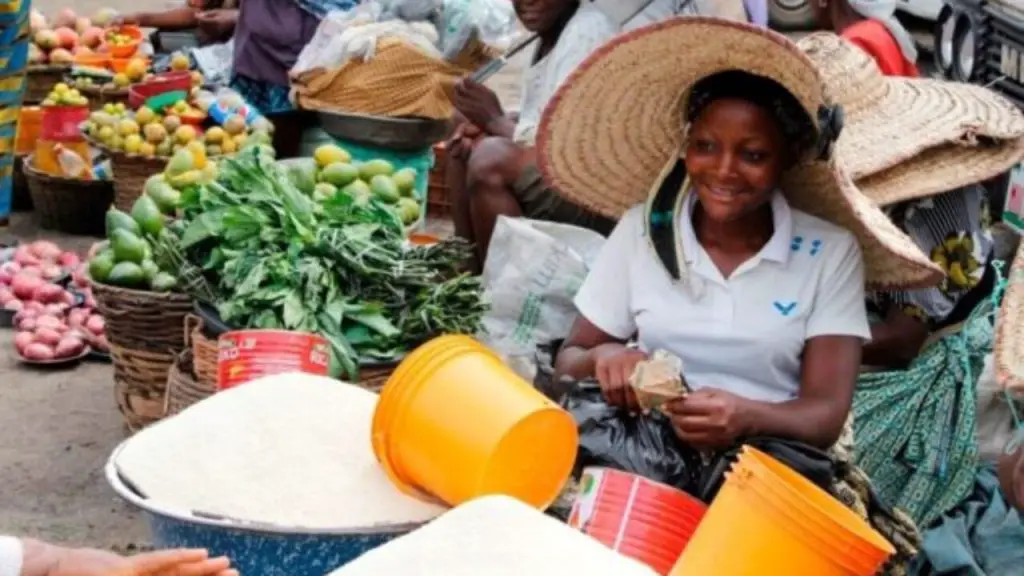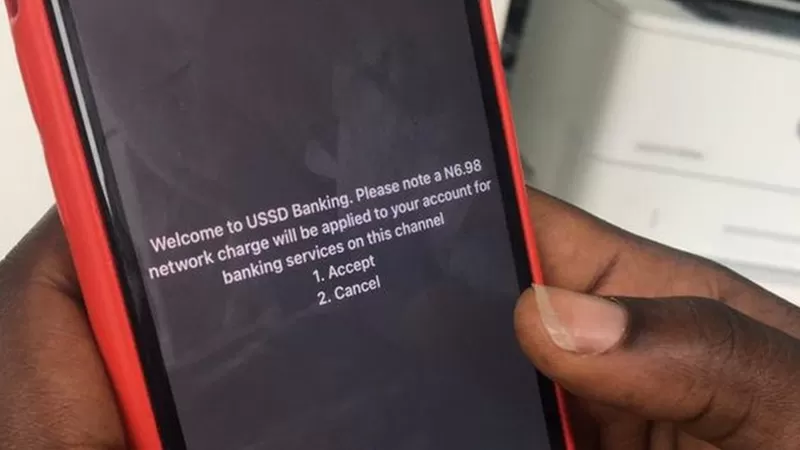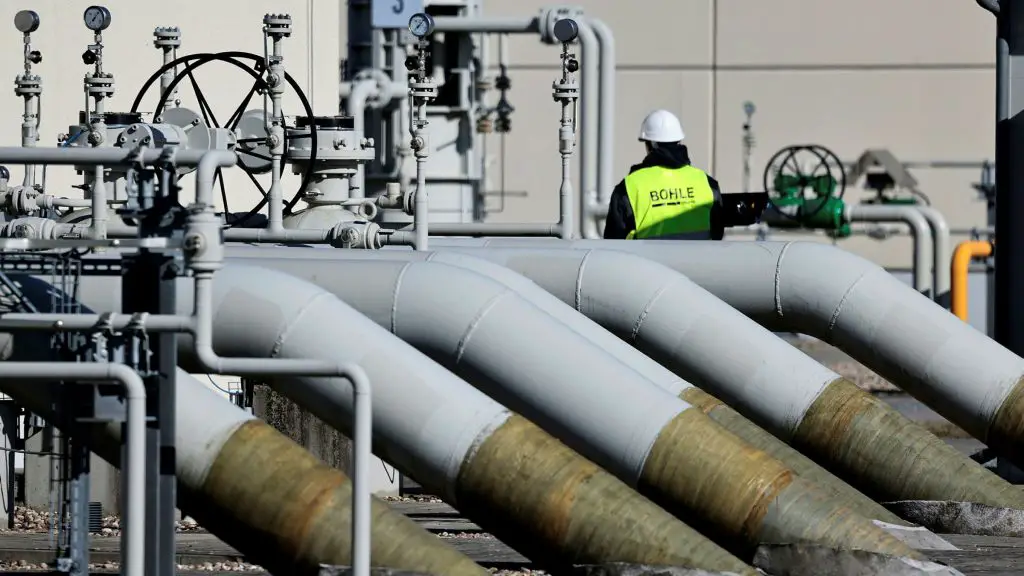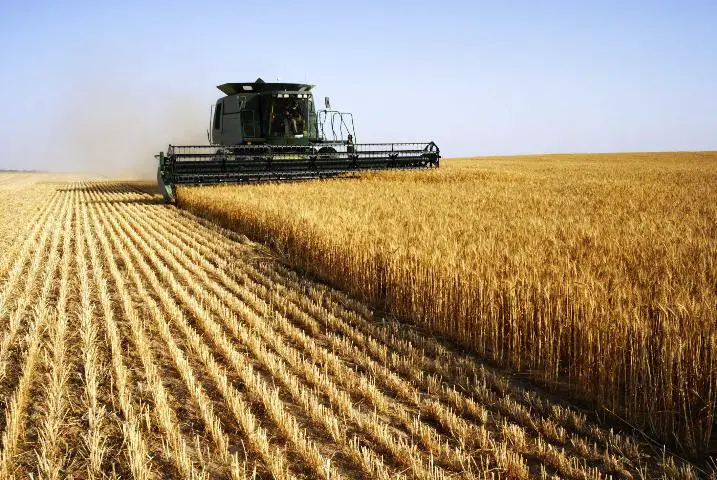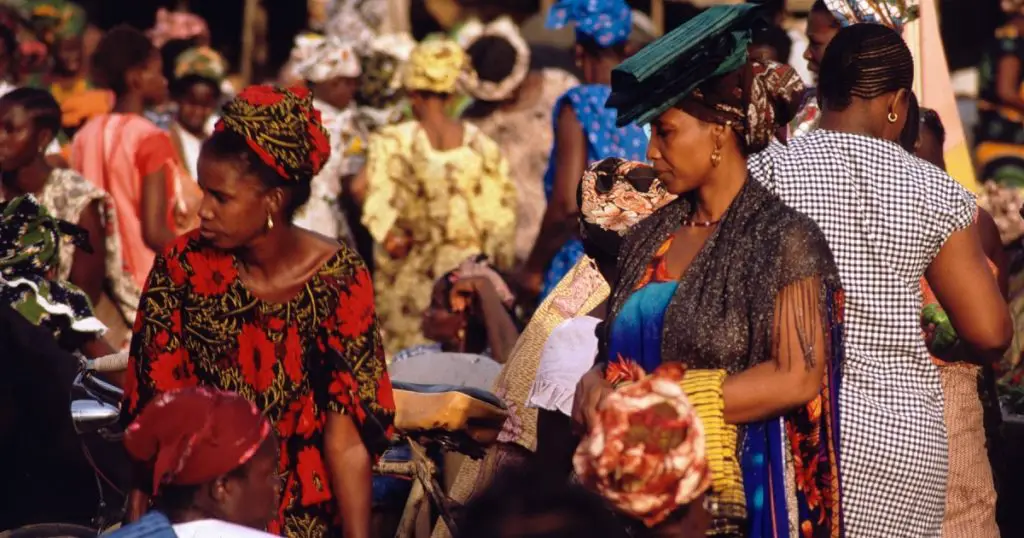- Wärtsilä Energy offers tips on how Africa can navigate energy transition and grid reliability
- Powering Africa: Africa’s Path to Universal Electricity Access
- Global investment trends at AIM Congress 2024: a spotlight on the keynote speakers
- South Africa’s deepening investment ties in South Sudan oil industry
- Agribusiness could drive Africa’s economic prosperity
- Dawood Al Shezawi: Why AIM Congress 2024 is the epicenter of global economic and cultural dialogues
- d.light’s 600,000 cookstoves project verified as top source of quality carbon credits
- Artificial intelligence (AI) could create a turning point for financial inclusion in Africa
Browsing: Sub-Saharan Africa
Nations launched the AfCFTA as one of the actions made to support more extensive intra-African trade. The AfCFTA aspires to establish a unified continental market for goods and services. The agreement seeks to harmonise the continent’s various trade liberalization procedures and promote regional integration. Each African nation is a member of at least one of the continent’s approximately 30 bilateral or regional trade agreements.
Africa suffers from marginalization in the global trade system. Nevertheless, the African Regional Trade Agreements heralded a new age of economic integration with significant trade creation impacts. The path to free trade poses several significant obstacles and concerns that African governments must solve.…
It remains uncertain how long this economic downturn lasts or which businesses and investors will remain standing when it ends. Nevertheless, many tech startup players believe that the African digital ecosystem will remain relatively unscathed.
This moment provides a chance for Africa-focused funds to flourish. The African tech startup industry offers the funds tremendous possibilities to invest at a low cost. The best businesses find footing at times like these.…
- When the United Nations General Assembly voted overwhelmingly on March 2 to condemn Russia’s invasion of Ukraine, African countries accounted for almost half of the 35 abstentions including South Africa.
- The conflict triggered by Russia’s invasion has complicated the challenges and sources of stress already facing Southern Africa.
- A few countries are sensing long-term growth opportunities from the crisis. Specifically, Africa’s natural gas could reduce Europe’s dependence on Russian energy.
Russia’s invasion of Ukraine has upended the existing world order and with it the global energy, production, distribution, and financial systems. Russia and China are openly challenging the Pax Americana. But the question of what the next world order will look like remains wide open.
On February 24, 2022, Russia launched a large-scale invasion of Ukraine, its neighbour to the southwest, marking a dramatic escalation of the Russo-Ukrainian War that began in 2014, Putin announced a “special military operation” in …
The African logistics market has proven itself ahead of the curve in many areas, with endless potential and opportunities lurking just beneath the surface.…
Rising costs have remained a critical issue in the aftermath of the outbreak. Data from the World Bank/NBS Nigeria – COVID-19 National Longitudinal Phone Survey 2020 reveals that food prices rose rapidly following the pandemic. In March and April, basic food commodity prices increased by 17.2 per cent and 18.37 per cent, respectively. According to the National Bureau of Statistics (NBS), the rise remains the highest in two years.
Recent findings based on comprehensive and long-term monthly food price data have revealed considerable price rises for all chosen food categories during the pandemic. Imported rice and wheat costs, for example, have climbed by 41% and 21%, respectively.
Wheat prices surged by 21% nationally, with considerable increases in price dispersion across markets when the epidemic began, and prices continue to grow.
Wheat is the main component of bread and other products such as noodles, pasta, semolina, and other Nigerian pantry staples. …
As far back as June 28, 2017, This Day Live said another point to note is that USSD is very important within emerging economies, where the cost to access data services is increasing. Despite the growth of smartphone penetration and 3G/4G coverage, the data access cost is a key factor in deciding how information is consumed.
Meanwhile, the continued reliability of USSD will enable mobile service providers and financial institutions more opportunities to satisfy new market segments, add more value to the customer, and meet underserved customer needs.
In a related article by Myriad Connect published January 29, 2018, the core benefit of USSD is that it doesn’t rely on a data connection to operate, thereby helping reach the billions of people in areas where network coverage is at its most basic or for sectors of the population for whom a data connection is too expensive to access.
So long …
Most African natural gas and oil sources lie in sub-Saharan Africa, including Nigeria, which possesses around one-third of the continent’s reserves, and Tanzania, opportunities Germany should seize.
The proposed Trans-Saharan pipeline would transport gas from Nigeria to Algeria via Niger, traversing a vast, ungoverned area. The proposed pipeline, if built, will connect to the current Galsi, Medgaz, Maghreb-Europe, and Trans-Mediterranean pipelines, which supply Europe from transmission centres on Algeria’s Mediterranean coast.
The Trans-Saharan pipeline would be almost 2,500 miles long. It could send up to 30 billion cubic meters of Nigerian gas to Europe yearly, roughly two-thirds of Germany’s Russian imports in 2021. Unfortunately, the Trans-Saharan pipeline will likely take a decade or more to complete and will face several hurdles as it passes through war and insurgency-ridden areas.…
Dangote also plans to launch an oil refinery that would produce 650,000 barrels per day. Currently, the Dangote Group is the second-largest employer in Nigeria after the federal government, and a new plant is a tremendous opportunity to replace Russian fertilizer imports with African jobs that create warehousing, transport, and logistics infrastructure that help to reduce poverty.
Global wheat, sunflower, and oil crude prices have soared to unprecedented levels. Africa is heavily reliant on food imports from both countries, and the Continent is already experiencing price shocks and disruptions in the supply chain of these commodities.
Over the past decade, the Continent has seen growing demand for cereal crops, including wheat and sunflower, which has been mainly supported by imports than local production. Africa’s wheat imports increased by 68 per cent between 2007 to 2019, surging to 47 million tonnes.…
- The Google product development centre in Nairobi has been launched weeks after Visa set up its first innovation centre in Africa
- Google, Microsoft and Visa join Cisco and Philips in setting up innovation centres strengthening Kenya’s Silicon Savannah moniker
- Visa’s innovation studio is the first in Africa and the sixth globally
The Google product development centre in Nairobi, Kenya has launched just two weeks after Visa set up its first innovation centre for the co-creation of payment and commerce solutions with partners.
Google, Microsoft and Visa join Cisco and Philips in setting up innovation centres strengthening Kenya’s Silicon Savannah moniker and as a tech investment hub in East Africa.
The tech giant’s facility, the first of its kind on the continent, is to create products and services that will have a significant impact on the African continent and beyond.
Besides the research and development centre, Microsoft has also …
- Sub-saharan Africa now faces new economic growth challenges, compounded by the Russian invasion of Ukraine
- A World Bank report estimates growth at 3.6 per cent in 2022, down from 4 per cent in 2021 as the region continues to deal with new COVID-19 variants, global inflation, supply disruptions and climate shocks
- Resource-rich countries, especially their extractive sectors, will see improved economic performance due to the war in Ukraine, while non-resource-rich countries will experience a deceleration in economic activity
As the Sub-Saharan African economy struggles to recover from the 2020 recession induced by the COVID-19 (coronavirus) pandemic, the region now faces new economic growth challenges, compounded by the Russian invasion of Ukraine.
The World Bank’s latest Africa’s Pulse, a biannual analysis of the near-term regional macroeconomic outlook, estimates growth at 3.6 per cent in 2022, down from 4 per cent in 2021 as the region continues to deal with new COVID-19 …





